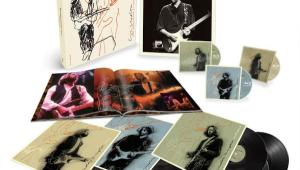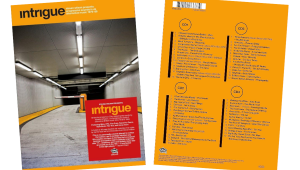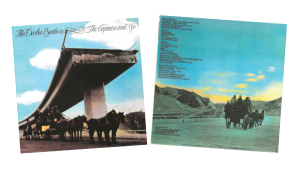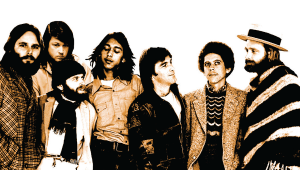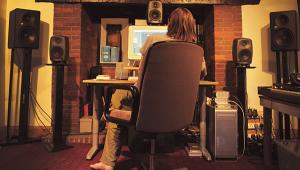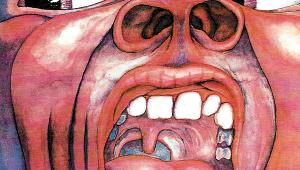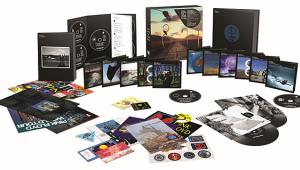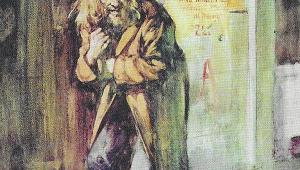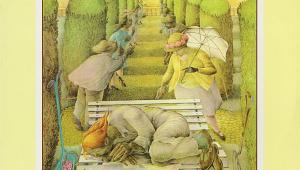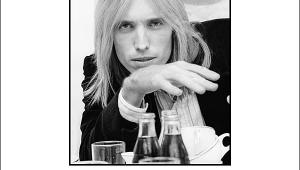CD Review: Eagles
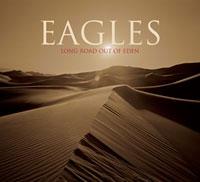
| Long Road Out of Eden Eagles Recording Company Music •••½Sound •••½ |
Before we dive into the new Eagles album, spare a thought for a short-lived (and critically underrated) L.A. country-rock band from the early 1970s. This band could tug heartstrings like Gram Parsons, get traditional like the later Byrds, and approximate the guitar sound of Buffalo Springfield. It also had what all of the above lacked: an unfailing knack for writing hit singles.
That band was, of course, the Eagles - at least, the Eagles of their first two albums, 1972's self-titled debut and 1973's Desperado, still the freshest-sounding and in some ways the best albums in their catalog. Both sported a handful of quintessentially California gems (the breezy rocker "Tryin'," the majestic "Outlaw Man," and the down-and-out "Train Leaves Here This Morning") that Classic Rock radio never touches - for that matter, neither does the current band on tour. But those were the albums that initially pegged the Eagles as heirs to the country-rock throne, before they decided to become rock aristocrats instead.
That era is worth remembering now, because the two-disc Long Road Out of Eden - their first studio album since 1979's The Long Run - marks the first time since Desperado that the Eagles have officially been a fourpiece, though only Don Henley and Glenn Frey remain from the original lineup. And it's their first album since Desperado that can be called strictly country-rock. After all, they began toning down the country with 1974's On the Border - and by the time of The Long Run, they had phased it out altogether.
If you associate the Eagles with the self-importance of their later days, fear not: You'll still find some of that here. But a large chunk of Long Road (especially on the first disc) picks up where those first two albums left off, and it recalls how mighty the Eagles were in their early prime.
Still, the set comes with two glaring problems. The first one is obvious: Firing Don Felder was a really bad idea. Anybody who saw the reunited band in the '90s could testify that Felder was the only one who regularly worked up a sweat. And with founder Bernie Leadon long gone, Felder gave the band one of its few instrumental stamps. Joe Walsh, bless his heart, just doesn't sling solos anymore like he did in the days of James Gang Rides Again (or even "Life in the Fast Lane"). In fact, his vocal and his trademark slide on "Guilty of the Crime" are the only evidence of his presence on the entire first CD. While there's no lack of guitars on the two discs (some played by session guy Steuart Smith), they don't have the personality that Felder would have brought.
The second problem is more complicated. The band's sweetheart deal with Wal-Mart (which, except for eaglesband.com, is selling the album exclusively) has hardly gone unnoticed; most reviews are bringing it up and ultimately giving the Eagles a pass, sometimes even praising them for business savvy. Yet considering the humanist politics espoused throughout the two discs, there's a whiff of hypocrisy here.
As a superstar band with guaranteed Platinum sales, the Eagles can afford to choose whom they work with. But considering that Henley drops a few author's names on the album, he might want to check out Barbara Ehrenreich's Nickel and Dimed, which reveals what those Wal-Mart bargains really cost. For that matter, he might want to play his own "The Last Resort," that song from Hotel California about beautiful places getting torn down to build shopping centers. And who had an exclusive deal to stream this album for weeks before its release? Clear Channel, which did its part to promote the war that Henley rails against on the title track.

